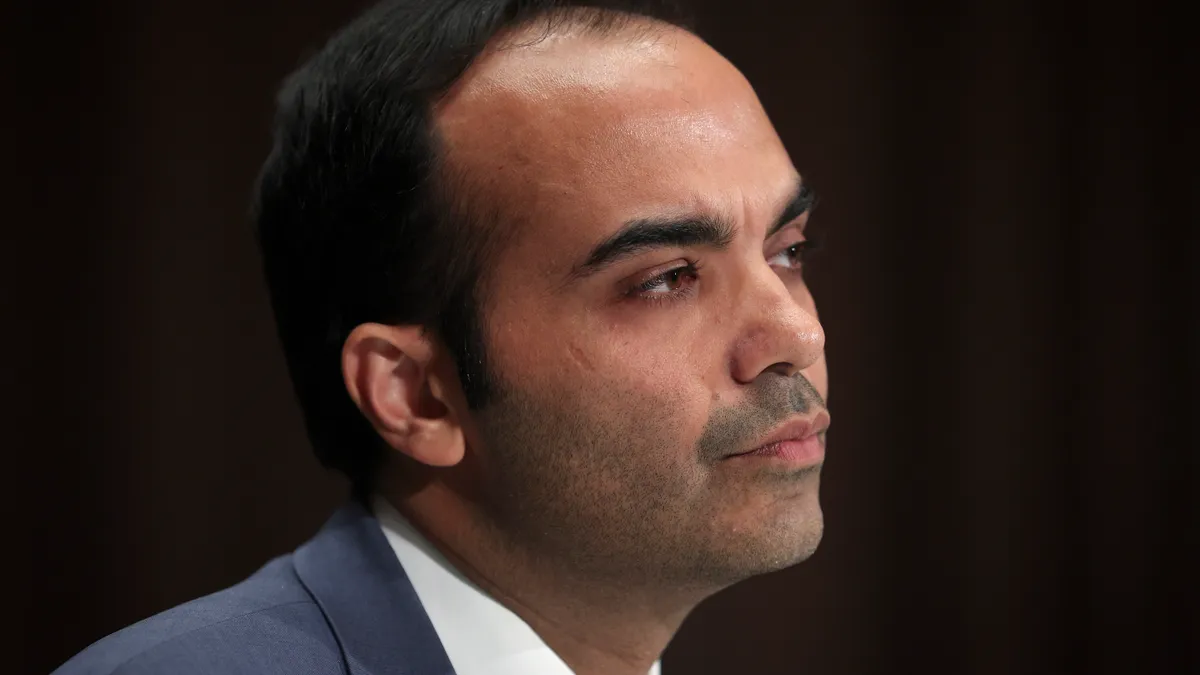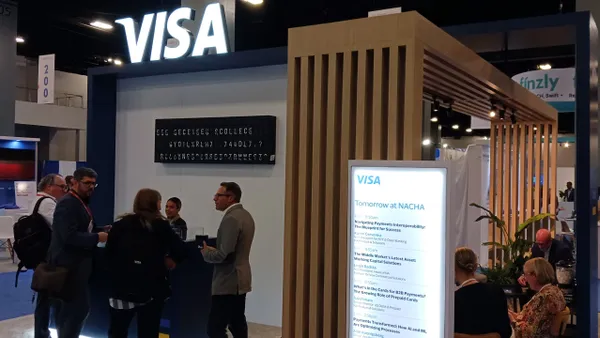Banks must maintain evidence that customers have opted in to overdraft coverage, the Consumer Financial Protection Bureau said Tuesday in a policy reminder.
“Banks have charged overdraft fees for ATM and one-time debit card transactions even though they did not have customers’ documented consent,” the federal agency said in press release Tuesday.
The agency is fighting what it calls “phantom opt-in” agreements, in which banks claim they obtained customers’ consent to charge fees on overdrawn accounts but have no proof of that accord.
A signed form, an unalterable electronic signature or a recorded phone call can serve as proof that consumers opted in to overdraft coverage, the CFPB said in a circular Tuesday.
The bureau also emphasized that under the Electronic Fund Transfer Act’s Regulation E, overdraft coverage is an opt-in process rather than a default from which consumers opt out.
Regulators should assume that consumers have not opted in to overdraft coverage unless a bank has proof, the agency said.
“The CFPB has found instances where banks have no evidence that they obtained consent for overdraft,” CFPB Director Rohit Chopra said in a statement Tuesday. “No Americans should be hit with bank account fees that they never agreed to.”
The policy reminder is meant to bolster consumer protection against overdraft fees charged for one-time purchases and ATM withdrawals.
Many banks in recent years have turned away from overdraft charges as public outcry — including from lawmakers — grew overwhelmingly negative. Among big banks, Citi and Capital One stopped charging the fees altogether, while Bank of America and Wells Fargo reduced them significantly.
Banks still occasionally land in hot water for overdraft practices. Richmond, Virginia-based Atlantic Union Bank, for example, agreed in December to pay the CFPB $6.2 million to settle allegations that it enrolled thousands of checking account holders into overdraft programs but neglected to provide them with proper disclosures. The CFPB cited that Tuesday as an example of the sort of scenario it aims to root out through its reminder.
The CFPB in January proposed reducing — to between $3 and $14 — the overdraft fees charged by banks with more than $10 billion in assets.
Under the proposed rule, banks would classify overdraft charges as extensions of credit, making them subject to the same consumer protections as credit cards under the Truth in Lending Act. That would force banks to disclose an annual percentage rate for such charges.












